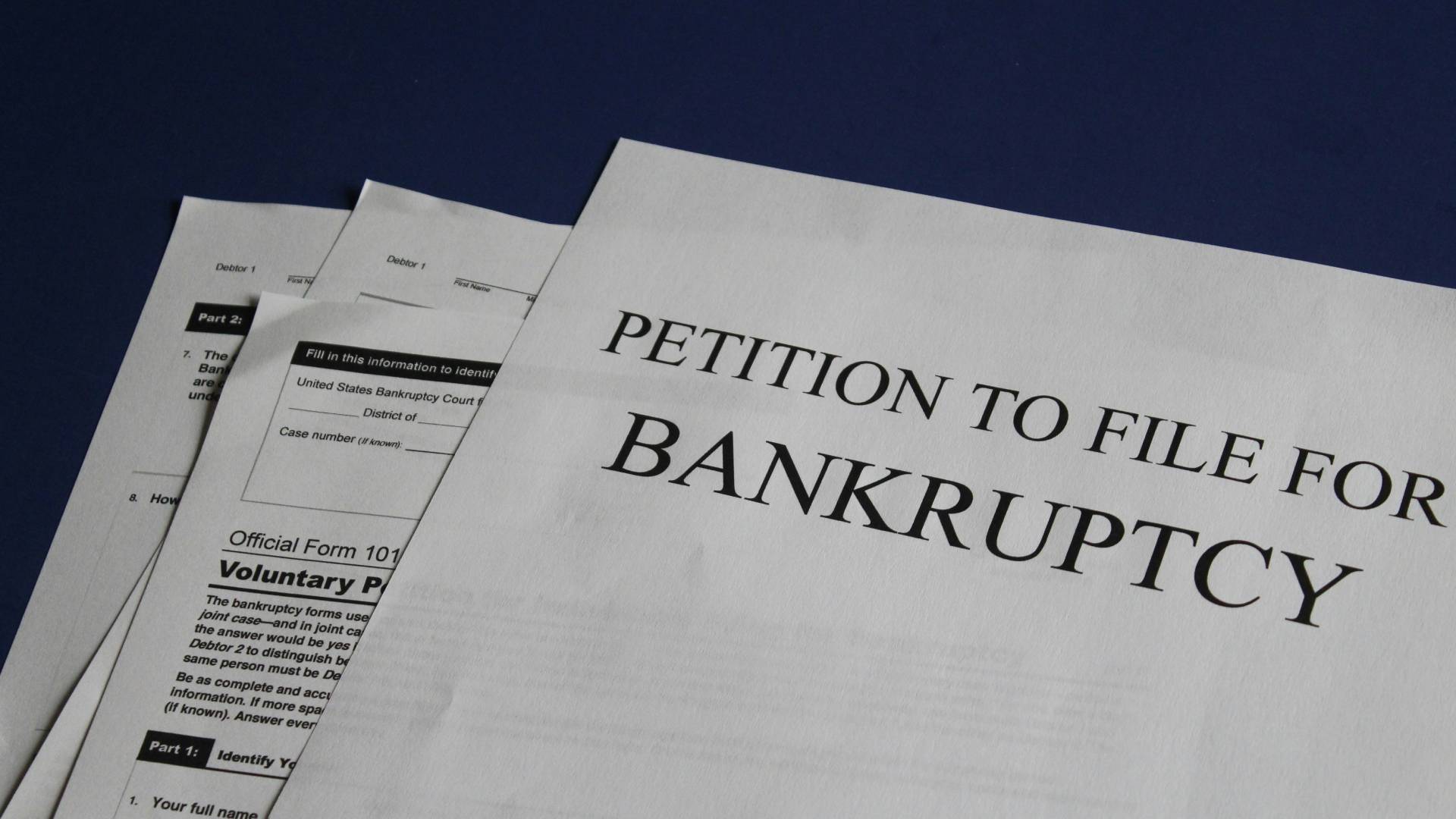There are many forms of business relationships available to business owners. Franchising is most definitely an efficient strategy for growth as it allows businesses to expand rapidly and potentially become a national or worldwide name.
Franchising is the act of one person (the franchisor), granting to another (the franchisee) a license to operate the franchisor’s business by using their brand, products and method of operation in exchange for a fee.
As for any new business model, there are various elements to take into consideration when becoming a franchisor.
1. Becoming a franchisor
To become a successful franchisor, it is important to consider the following steps:
Business model evaluation
It is important for a business to assess whether its business model is achievable as well as ensuring that its brand has the required market appeal.
Business plan
Franchisees must understand a franchisor’s business. To facilitate this, developing a strong business plan is highly recommended. This is so a franchisor can detail the structure of the business, the roles and responsibilities of both franchisor and franchisee. This would also allow a franchisor to set out estimates in terms of finance and marketing strategy.
Operations manual
Developing a detailed operations manual is one of the most important aspects of the franchising process. The manual will govern the way the franchisee will conduct the franchise business in setting out instructions for the day-to-day operations of the business. This manual should ultimately be classified as confidential as it will contain the business’ know-how and the secrets of its success.
Pre-contract disclosure
A franchisor is not obliged to make pre-contract disclosures. However, from the franchisee’s point of view, it would be more prudent for the franchisee to undertake due diligence in order to understand the franchise and gather information on its success to make an informed decision before getting into business.
Intellectual Property rights
As a franchisor will have developed know-how and created some brand awareness, intellectual property rights would more than likely have significance when franchising a business. It would be advisable for franchisors to seek to protect such intellectual property rights.
Often, patent protection is unlikely to be necessary as franchises will not use a patented process. Copyright and trademarks are on the other hand of significance. Copyright will give protection to original literary and artistic works which can cover advertising slogans. Trademarks will bear the greater significance as it will protect the brand name and image of the franchising business. Before registering for a trademark, franchisors should consider the following:
- It is important for franchisors to do a search on the mark they are looking to register to ensure that the mark is not already registered or used for the same and/or similar product or service.
- It is preferable for a mark to be distinctive in order to avoid potential dispute and infringement.
- The Registry will search for similar marks on application for registration together with checking definitions of the words used in the mark. There is however a possibility that the Registry may make an objection, albeit the best way for franchisors to defeat the objection would be to show that the mark has been used to a great extent and has become distinctive for potential customers.
Selection of franchisees
It is important that franchisors undertake a rigorous selection of franchisees to ensure each candidate’s suitability.
Training of franchisees
It is crucial for franchisors to have in place a strong training and support system for franchisees as this will provide franchisees with the required skills and knowledge to run the business effectively and successfully.
2. Advantages of becoming a franchisor
There are many benefits of franchising a business. Here is a list of some of these advantages.
Business growth
Franchising a business allows to facilitate the expansion of a business and its network more easily without having to invest a lot upfront. By setting up a franchise, franchisors can focus on developing new ideas while franchisees manage the day-to-day operations of the business.
Brand development
Franchisors would gain access to new territories by allocating various locations to franchisees which will promote the brand as well as the business’ reputation.
Constant cash flow
Franchisors will benefit from steady income with minimum risks from the franchise fees and ongoing royalties.
Risk mitigation
Financial and operational risks are always a concern when expanding a business. However, in the case of franchise, these will be shared with the franchisees.
3. Disadvantages of becoming a franchisor
Although the disadvantages of becoming a franchisor are lesser than the benefits, these still need to be considered.
Reputation
A franchisor’s reputation and by extension its business, can be affected by franchisees. This can be due to poor performance or staff behaviour, which is why the franchisee selection process is a crucial step when creating a franchise.
Shared profit
As mentioned above, it is a benefit that the risks are shared between franchisors and franchisees. However, this also means that profit from franchisors’ idea is shared with franchisees.
Sharing confidential information
Franchisors need to ensure that their franchisees are committed to the brand and business and do not disclose confidential information. It is therefore highly recommended to have in place watertight contracts to protect trade secrets.
Management
Franchisors’ guidelines, practices and overall instructions do restrict what franchisees can do. However, they are not the franchisors’ employees and therefore, franchisors do not have management control over them. As a result, having a rigorous franchisee selection process, proper training and clear operations manual is critical for the good performance of the business.
It is undeniable that franchising a business comes with many benefits and would be one of the most effective ways to expand a business successfully. Nevertheless, this is not a process which can be hurried and it is highly recommended to seek legal advice to fully understand a franchisor’s rights and obligations. Our commercial team has a wide range of experience in advising franchisors and would be delighted to assist individuals and businesses with any queries.
For further advice and assistance, please contact our Commercial Solicitors on 01604 828282 / 01908 660966 or email [email protected]
Disclaimer: The information provided on this blog is for general informational purposes only and is accurate as of the date of publication. It should not be construed as legal advice. Laws and regulations may change and the content may not reflect the most current legal developments. We recommend consulting with a qualified solicitor for specific legal guidance tailored to your situation.

Written by Christopher Buck
Associate Partner, Business Services at Franklins Solicitors LLP
Specialises in insolvency law for practitioners and funders, commercial contracts including IT and franchise agreements, dispute resolution through to High Court appeals and intellectual property including trademarks, copyright and confidential information.
Christopher Buck is an Associate Partner and Commercial Services Solicitor at Franklins Solicitors LLP. He joined the firm in 2005 after graduating from the University of Reading and the College of Law in Guildford, qualifying in 2007 and becoming an Associate Partner in 2012.
Christopher specialises in insolvency, commercial contracts, dispute resolution and intellectual property. He acts for clients across sectors including IT, manufacturing and recruitment and has notable experience in high-value insolvency litigation and complex contract negotiations. He also advises on IP enforcement, trademarks and e-commerce compliance.
Known for his attention to detail and pragmatic advice, Christopher is also involved in mentoring and recruitment at the firm, helping develop future legal talent.
Outside of work, Christopher enjoys music, supports MK Lightning ice hockey and spends time with his two children.






